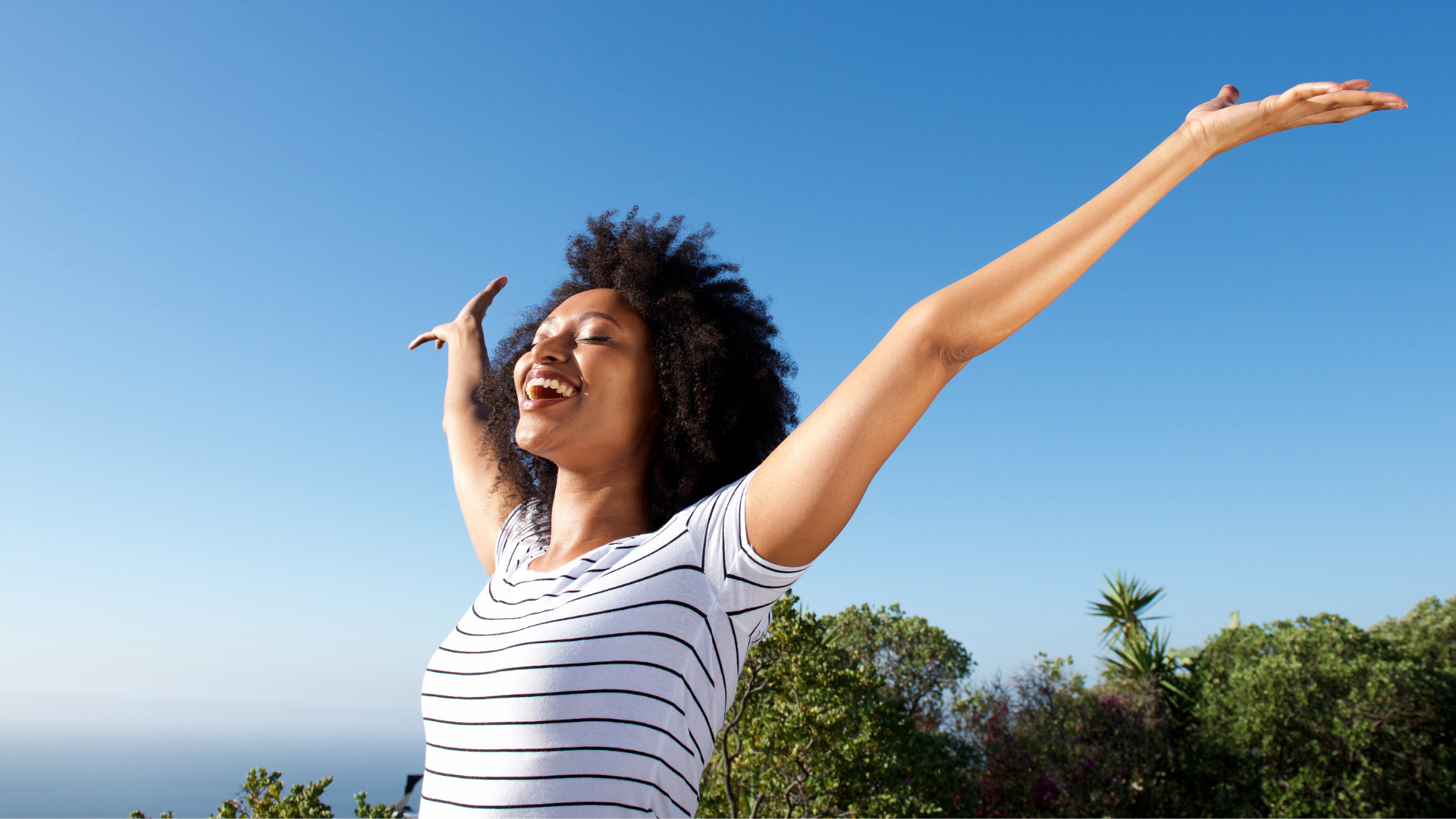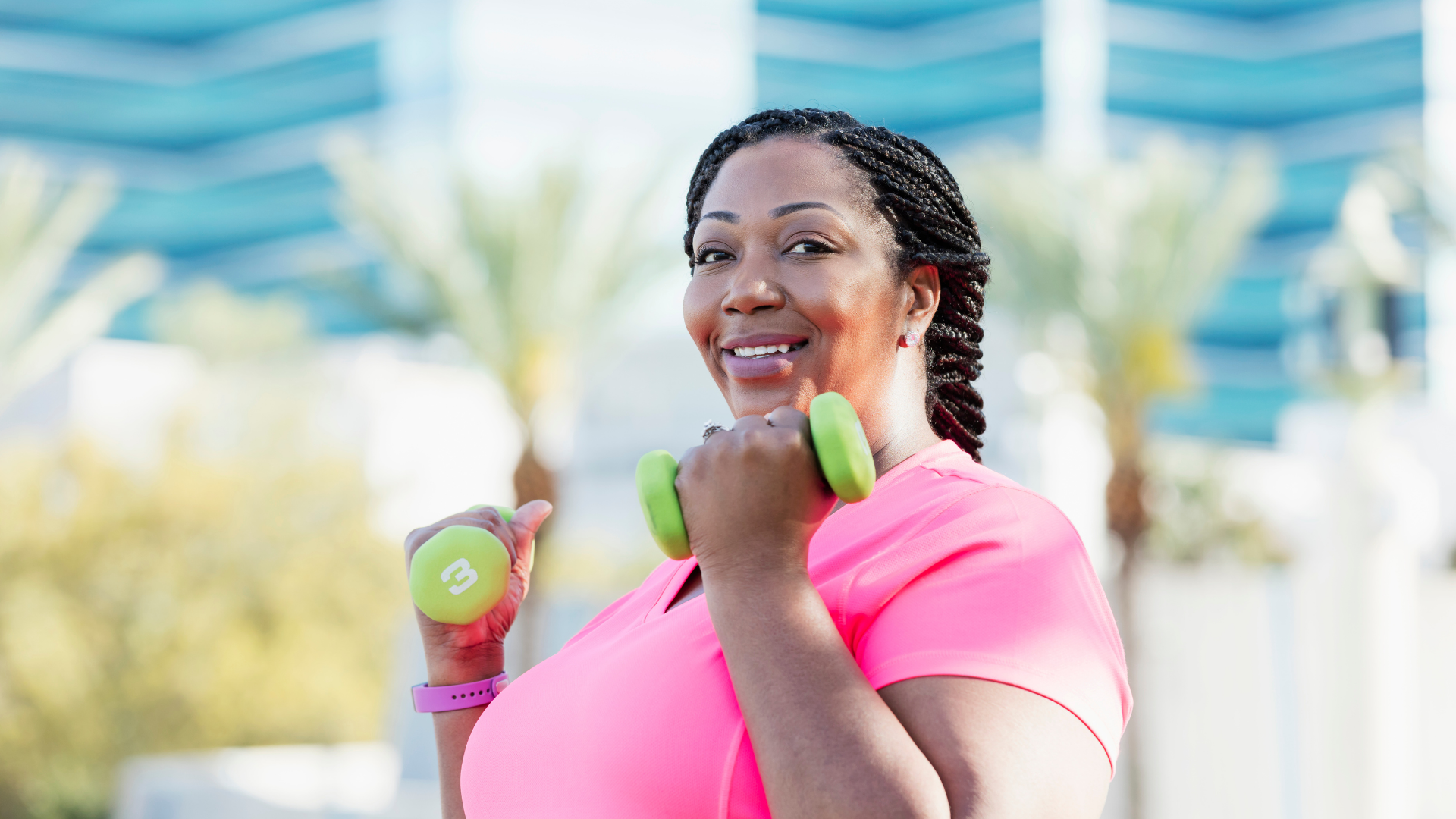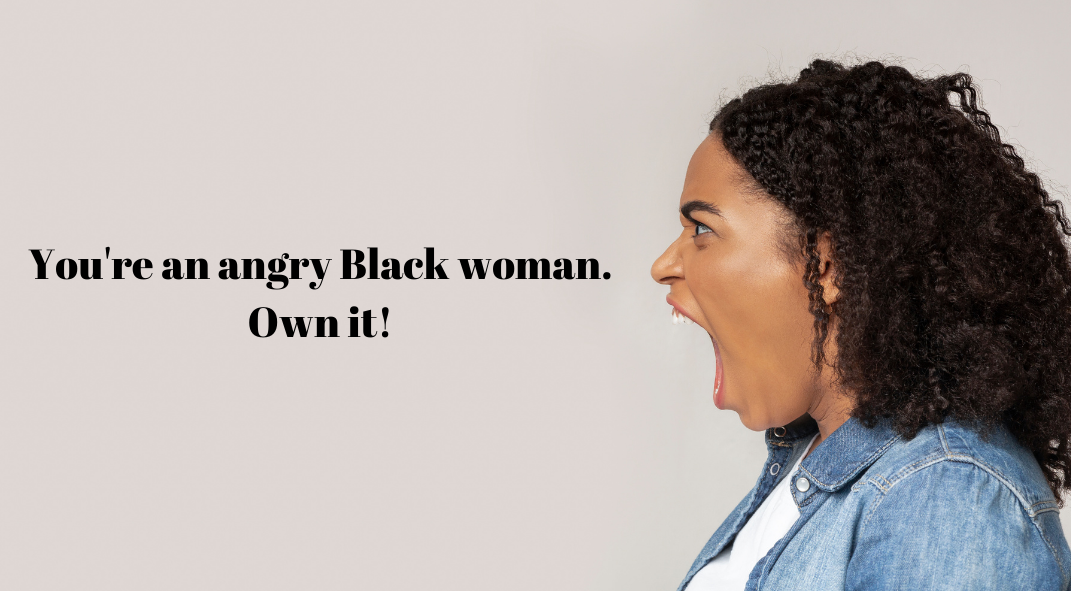GENERATIONS of medical trauma and racism
are at the core of the skepticism
As states ramp up mass Coronavirus vaccination efforts, one might expect news of vaccines being offered throughout the country and abroad to bring us all hope. After a year of quarantine, shutdowns, overwhelmed hospitals, job loss, business closures, and uncertainty, the FDA-approved vaccines – one from Pfizer and one from Moderna, with others soon coming to market – represent a return to the lives we knew before more than 460,000 Americans were lost to the disease and more than 26 million were infected.
For many Black Americans, however, news of the vaccines and their “warp-speed” development brings more trepidation and skepticism than hope. Even though African-Americans and other communities of color have been disproportionately infected and killed by the Coronavirus, only 48 percent of Black people said they would definitely or probably take the vaccine in a recent survey conducted by the COVID Collaborative, the NAACP, and other research organizations. The survey also found that only 14 percent of Black people trust that a vaccine will be safe, and just 18 percent trust that it will be effective in shielding them from the Coronavirus. News coverage of “vaccine hesitancy” and the skepticism in Black communities is mentioned regularly, as are the efforts among Black medical professional organizations, public health advocates, and some Black churches to encourage folks to trust the vaccine. But rarely examined or addressed is why so many Black people are apprehensive.
It should be noted that hundreds of years of medical trauma fuel this apprehension. Medical trauma is defined as “a set of psychological and physiological responses to pain, injury, serious illness, medical procedures, and frightening treatment experiences.” The impact is real, including replaying disturbing memories of traumatic medical experiences, significant distress when reminded of the events, disruption of treatment in order to avoid possible “triggers” and hypervigilance, and overuse of health care services.
The trauma stems from ongoing medical racism against Black people in the United States through unequal treatment and education and, in the harshest cases, deception, experimentation, and a cruel disregard for our pain often in the name of science. These are not tin-foil-hat conspiracy theories in an obscure Reddit thread; this is our nation’s history. And, unfortunately, it is also a part of our present.
From accounts of medical testing on enslaved Black people’s bodies to the story of Dr. Susan Moore, the Black woman who late last year posted complaints on social media from her hospital bed about receiving biased medical treatment and later died of complications from COVID-19, this country has a repugnant legacy of medical abuse and neglect that it must reckon with. The Tuskegee Experiment, which exploited 600 Black men from 1932 to 1972, and the tale of Henrietta Lacks, whose cells -- retrieved without her knowledge or consent during her treatment for cervical cancer in 1951 -- are still used in medical studies today, are two more common sources of anxiety for Black folks. But studies and individual experiences show that health-care disparities, mistreatment, and disregard are still prevalent.
Black women, for example, are four to five times more likely to die compared to white women from pregnancy-related complications, often linked to medical negligence. These issues are amplified as prominent Black figures share harrowing stories of near-fatal experiences during pregnancy and birth. In an article for Vogue, tennis champion Serena Williams detailed the difficulty she faced soon after her daughter, Olympia, was born. All her life, Williams knew that she should watch out for blood clots in her body, so when she felt shortness of breath after giving birth, she immediately alerted a nurse, who reportedly suggested that the pain medication had confused Williams. Williams said she had to ask several times for a CT scan of her lungs before the procedure was eventually done. Sure enough, several blood clots were found in her lungs. For the next few days, the new mother, who suffered a pulmonary embolism followed by other health complications, had to advocate for herself while she was in pain and fighting for her life. Many Black women without the celebrity or the platform of Williams (or Beyoncé, who has shared about the emergency C-section she had when giving birth to her twins) are not as fortunate.
Again, none of this is new. James Marion Sims, often referred to as the “father of modern gynecology,” performed excruciatingly painful experimental surgeries without anesthesia on enslaved African women in the 1800s in order to “perfect” his procedures, and later performed them on wealthy white women with anesthesia. Three of the enslaved women who were operated on repeatedly were called Anarcha (who was operated on at least 30 times) Lucy, and Betsey. In his autobiography, Sims -- whose statue still stands in his honor in Montgomery, Alabama -- wrote about an experiment he did on Lucy: "Lucy's agony was extreme. She was much prostrated, and I thought that she was going to die. ... After she had recovered entirely from the effects of this unfortunate experiment, I put her on a table, to examine." Some have said that the women gave their consent for the surgeries. But what degree of “consent” could you give when you were the property of the person who subjected you to such pain? Books like Harriet Washington’s Medical Apartheid are filled with accounts of atrocities like this.
More recently, studies of white medical doctors, residents, and laypeople found that Black patients were systematically undertreated for pain compared to white patients because of dangerous assumptions about biological differences between Black and white human beings (one such belief is that “black people’s skin is thicker than white people’s skin.”) As a result, Black patients are less likely to receive helpful pain medications. Even for our children, “a study of nearly one million children diagnosed with appendicitis revealed that, relative to white patients, Black patients were less likely to receive any pain medication for moderate pain and were less likely to receive opioids — the appropriate treatment — for severe pain,” according to a study from the National Academy of the Sciences of the United States of America.
Biased algorithms have also played a role in denying access to treatment. In Boston, a study of more than 57,000 people with chronic kidney disease from the Mass General Brigham health system found that skewed math kept Black patients from being eligible for kidney transplants. “One-third of Black patients, more than 700 people, would have been placed into a more severe category of kidney disease if their kidney function had been estimated using the same formula as for white patients,” reported WIRED magazine. “In 64 cases, patients’ recalculated scores would have qualified them for a kidney transplant waitlist. None had been referred or evaluated for transplant, suggesting that doctors did not question the race-based recommendations,” according to the report.
These are just some examples of the impact of medical trauma and medical racism on Black people in America. Our reticence to be first in line for a novel vaccine is not a result of superstition, ignorance, or a need to “get over” a painful collective medical history because -- as one white doctor on MSNBC recently said, “It happened a long time ago.” The hesitancy must be put into context and the distrust addressed.
In a recent article in The New Yorker, Jelani Cobb wrote that part of the effort to encourage acceptance of the vaccines is leaning on the credibility of those associated with them, like Dr. Kizzmekia Corbett, an African-American immunologist who was instrumental in the development of the Moderna vaccine. In addition to being a representative for young scientists and people of color, Dr. Corbett told ABC News that she felt it important to be visible at this time because “I wanted people to understand that I stood by the work that I'd done for so long.”
There is, of course, reason to celebrate a safe and effective vaccine. Americans, Black folks included, are beyond ready to get back to their lives without the fear of a potentially deadly virus stalking them. Nevertheless, our wariness is valid. But highlighting Black medical professionals’ involvement with or endorsement of the effort is only part of the battle to win over Black skeptics. With this country’s grim history of denying Black people control of their bodies, you can’t just say it’s safe to give your body to the latest that science has to offer without addressing the medical atrocities of the past and placing this conversation in the context of the fight to eliminate systemic racism. If you listen for the facts behind the opinions, what you’ll hear plain and clear is concerned citizens refusing to go blindly down a path they once trod unwillingly and unknowingly, trying to keep themselves and one another safe. What’s needed is understanding, education, and a commitment to building trust with a community that has every reason to be skeptical.















